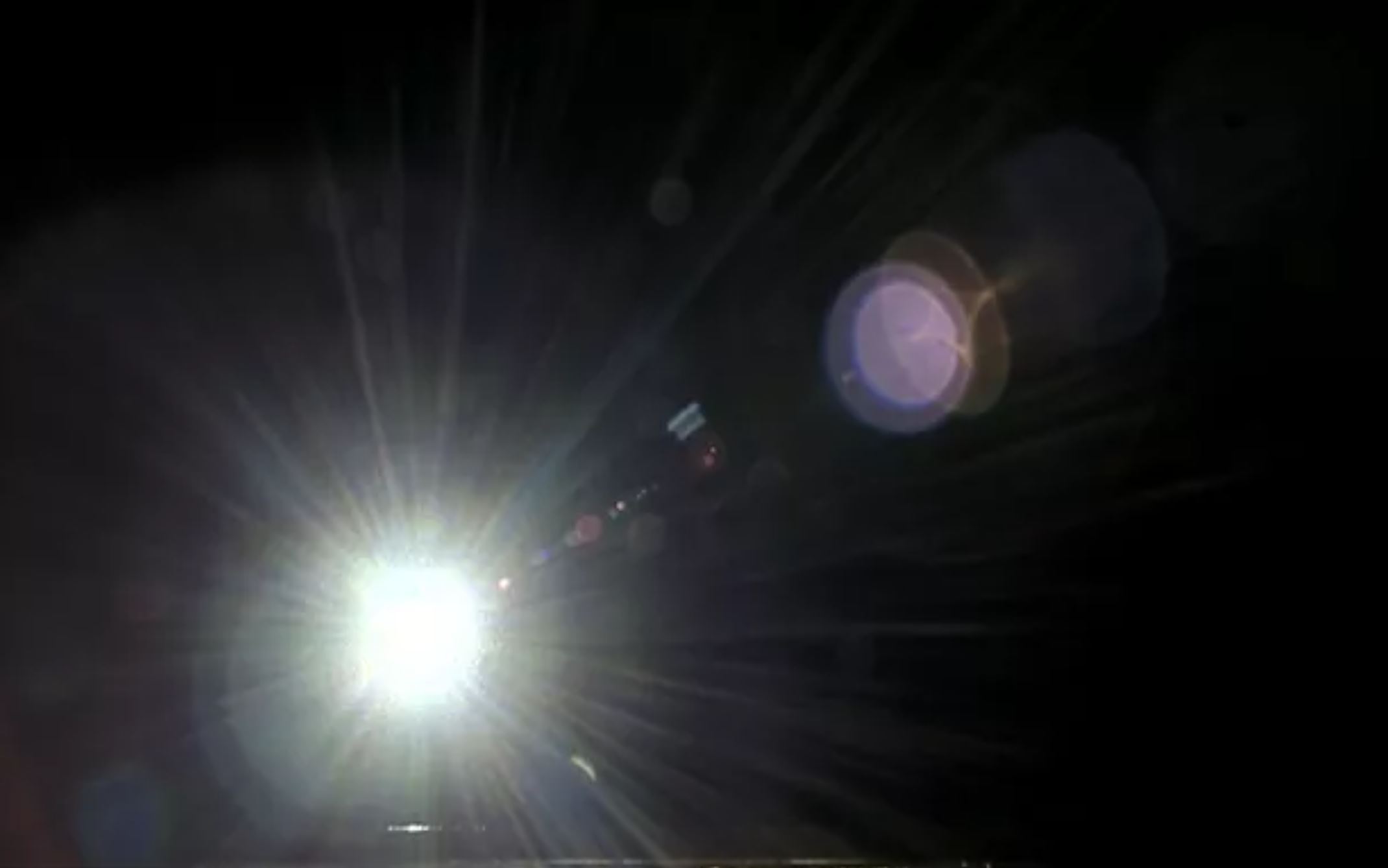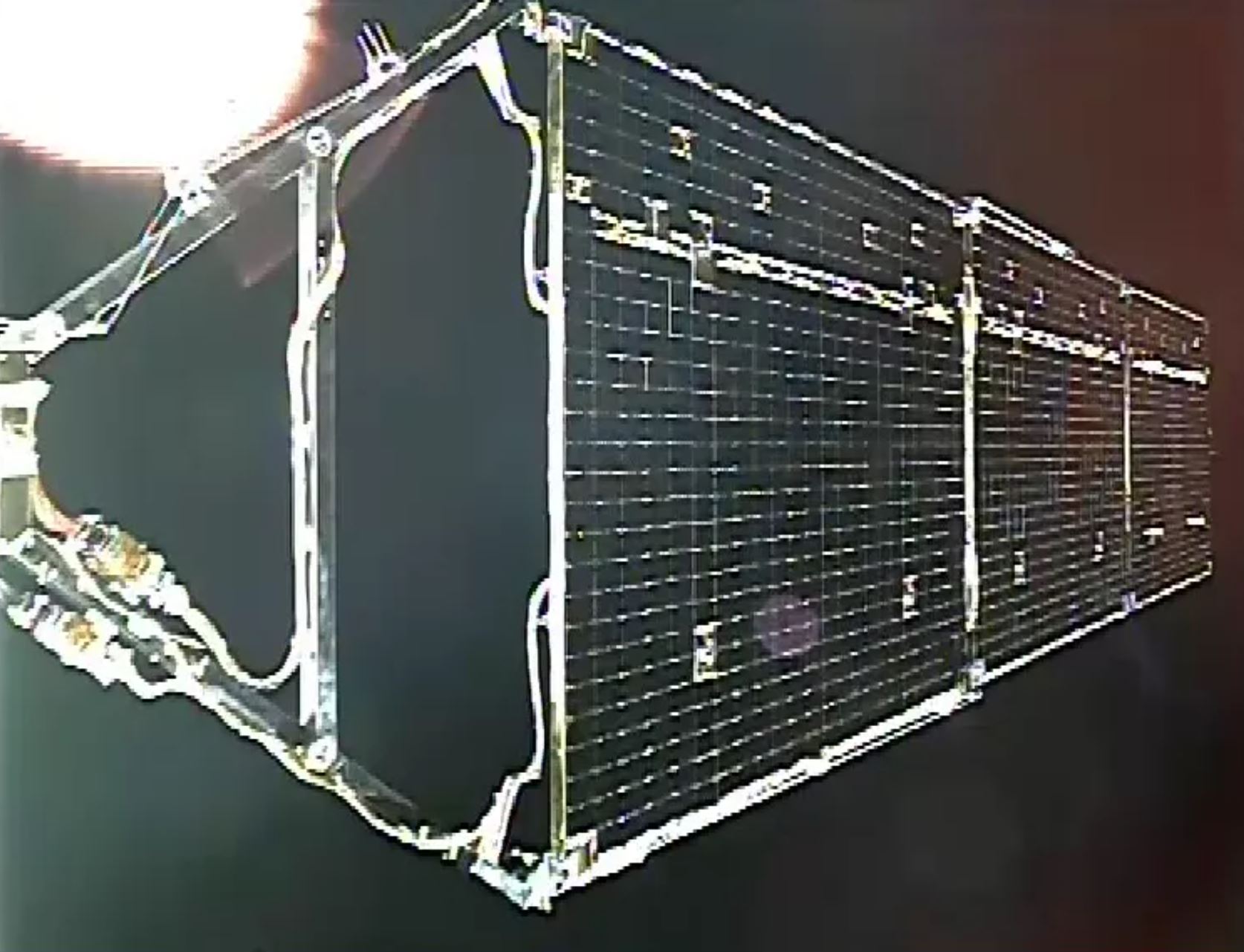China's moon-sampling Chang'e 5 probe beams home eerie images from deep space

China's Chang'e 5 spacecraft completed a historic delivery of moon rocks to Earth late last year, but the mission is still continuing with experiments in deep space.
In December, the Chang'e 5 orbiter delivered a return capsule to Earth packed with about 4.4 lbs. (2 kilograms) of lunar material — the first such delivery in decades.,
Related: The latest news about China's space program
After the delivery, the orbiter module fired its engines to head for a point in space known as Sun-Earth Lagrange point 1, which is about 932,000 miles (1.5 million kilometers) away from Earth in the direction of the sun. From orbit around this gravitationally balanced area, the spacecraft has returned a unique image of the Earth and moon together.
Chang'e 5 is now carrying out a range of tests related to orbit control and Earth and solar observations which would help inform future missions.

The current Chang'e 5 operations are bonus work for an already hugely successful mission, so its imagers are not optimized for detailed observations from deep space.
Meanwhile NASA's DSCOVR deep-space observatory has been working in this same region of space since 2015, taking advantage of unhindered views of our planet to study the Earth's climate.
Get the Space.com Newsletter
Breaking space news, the latest updates on rocket launches, skywatching events and more!

Chinese scientists have said that Chang'e 5 may head to new targets after completing its tests at Sun-Earth Lagrange point 1.
Follow us on Twitter @Spacedotcom and on Facebook.
Join our Space Forums to keep talking space on the latest missions, night sky and more! And if you have a news tip, correction or comment, let us know at: community@space.com.

Andrew is a freelance space journalist with a focus on reporting on China's rapidly growing space sector. He began writing for Space.com in 2019 and writes for SpaceNews, IEEE Spectrum, National Geographic, Sky & Telescope, New Scientist and others. Andrew first caught the space bug when, as a youngster, he saw Voyager images of other worlds in our solar system for the first time. Away from space, Andrew enjoys trail running in the forests of Finland. You can follow him on Twitter @AJ_FI.








